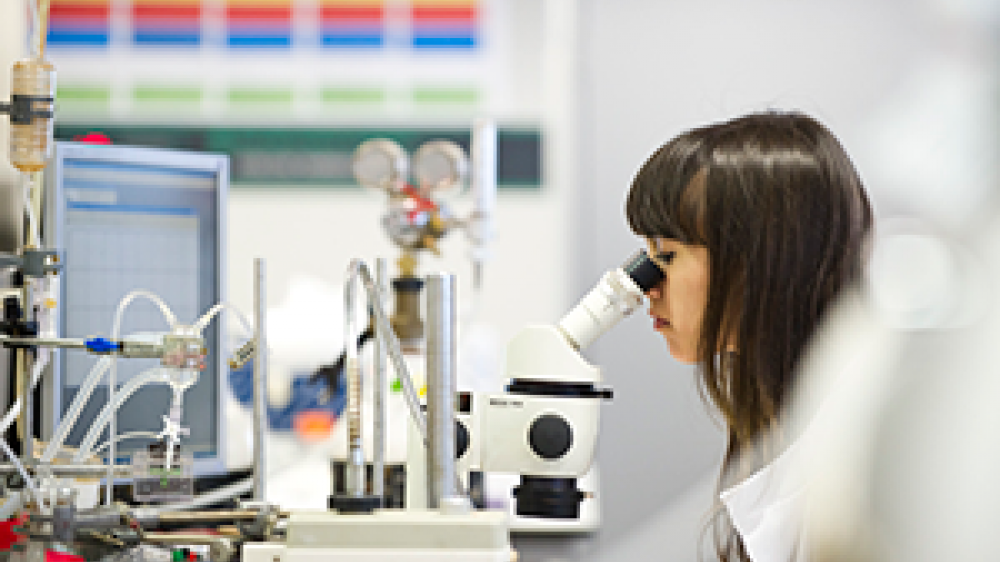Two new e-learning modules funded by the NC3Rs have been launched, focusing on pre-anaesthetic preparations and choosing an anaesthetic.
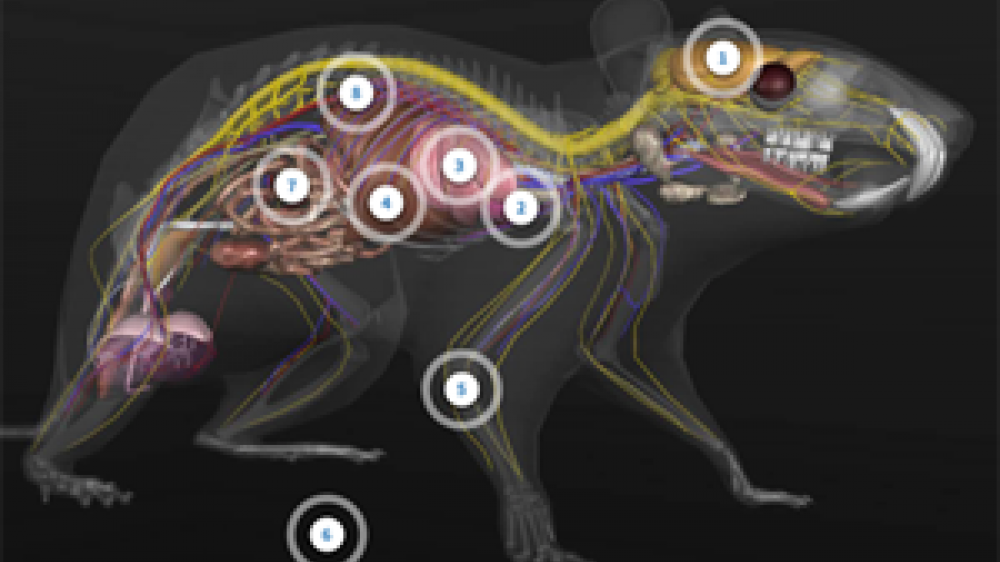
Two new e-learning modules funded by the NC3Rs have been launched, focusing on pre-anaesthetic preparations and choosing an anaesthetic.

A new paper published in Scientific Reports describes the Fish Behaviour Index (FBI), an automated tool to monitor the behaviour of singly housed zebrafish, developed by NC3Rs grant holder Dr Lynne Sneddon and colleagues at the University of
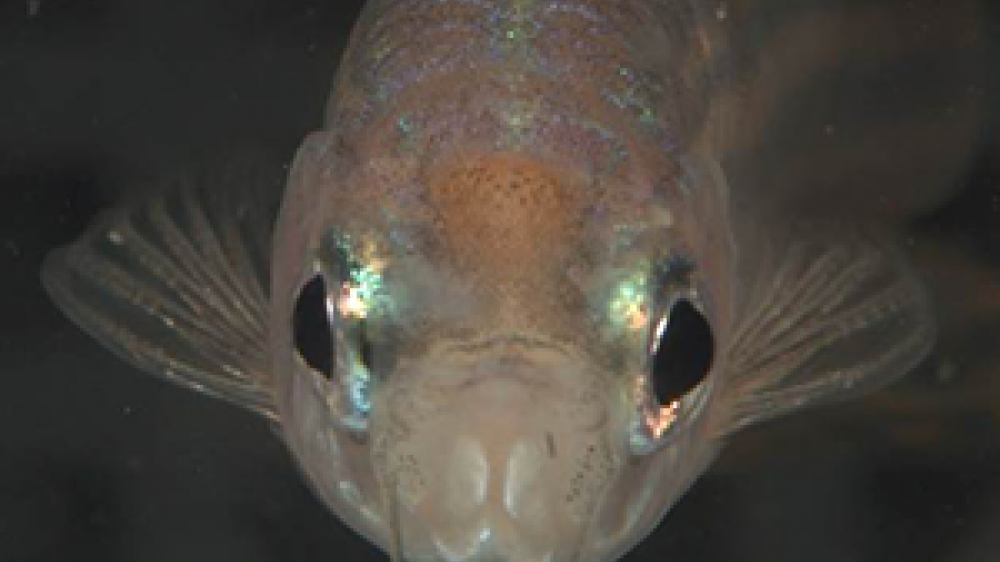
Last month we sponsored three events as part of Pint of Science, an annual festival that invites researchers into pubs and cafes around the world to speak to the public about what they do.
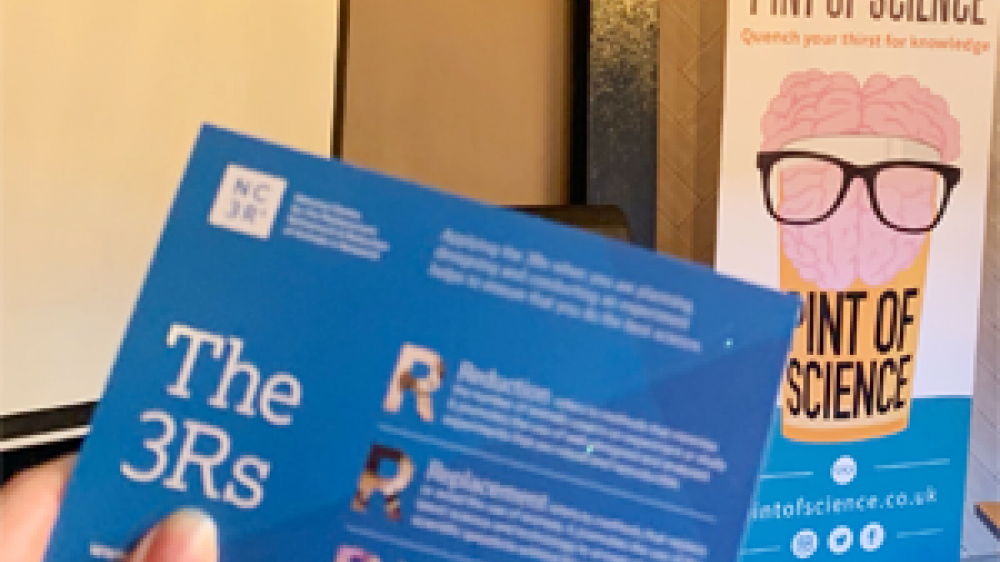
In this guest blog post, Dr Sally Robinson, Director of Animal Sciences and Technologies at AstraZeneca (Alderley Park), explores how the company has implemented the single use of needles as a refinement across their sites.
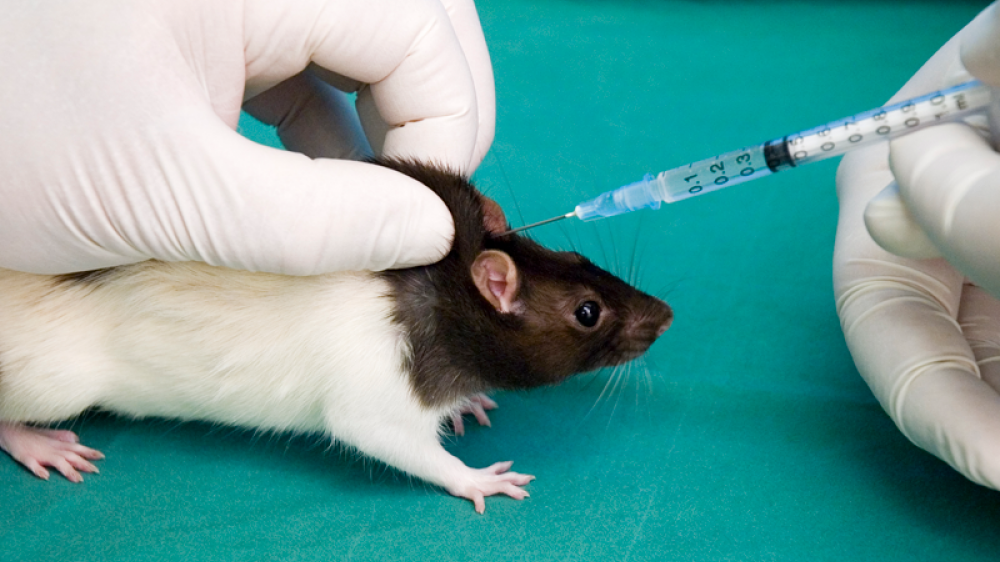
We have made eight awards totalling £585k in the 2019 Skills and Knowledge Transfer funding competition, which facilitates the exchange of models, tools or technologies with proven 3Rs potential between laboratories and institutions.

Our new Innovation Platform website is now live. As well as showcasing projects funded through our CRACK IT programme, the Innovation Platform will connect researchers across sectors and disciplines to accelerate the development, application and
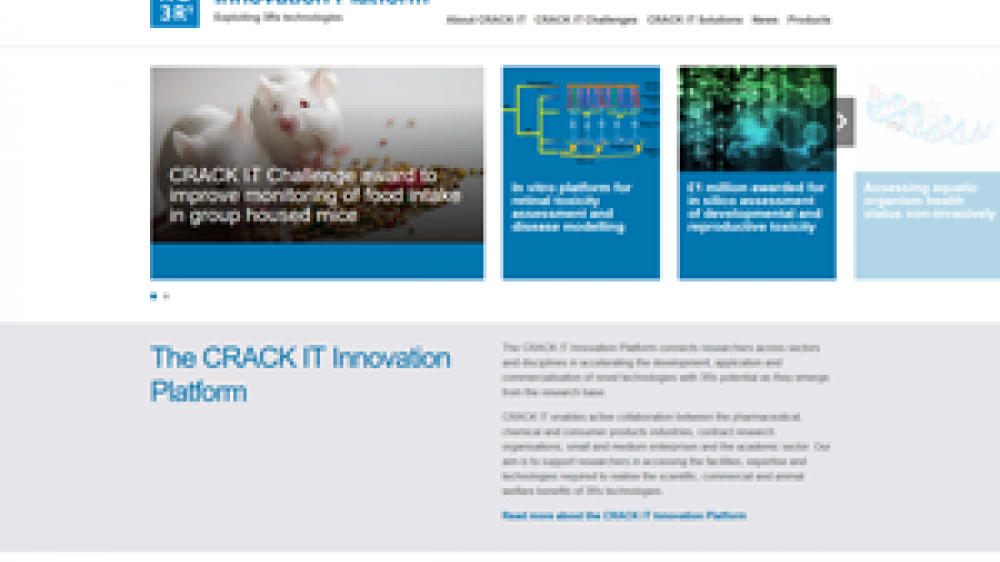
Four grants totalling £200k have been awarded under our new Technologies to Tools (T2T) scheme, launched as a strategic collaboration with Medicines Discovery Catapult.
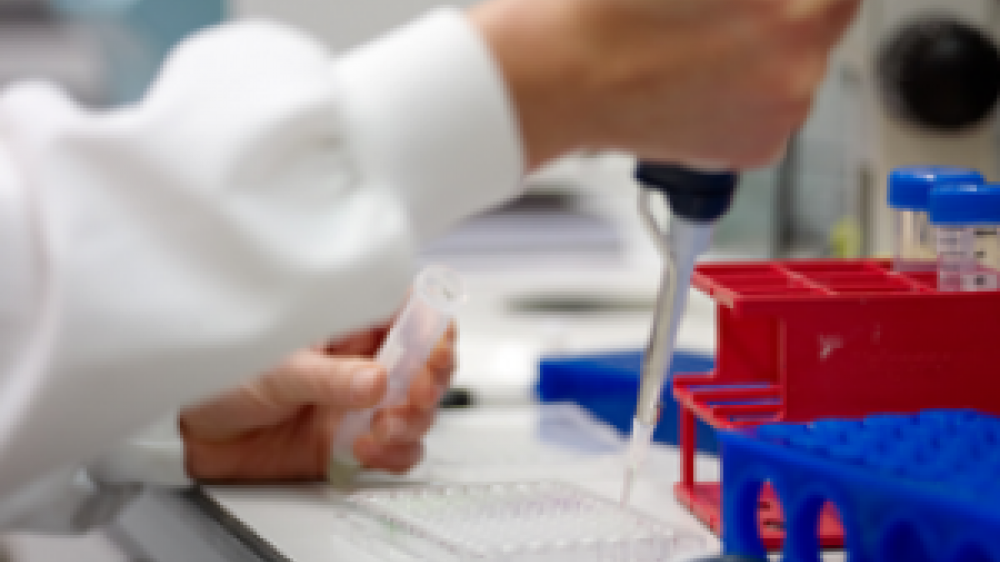
A new observational study will help to improve the welfare of macaques used in research after identifying behavioural indicators of wellness and pain.
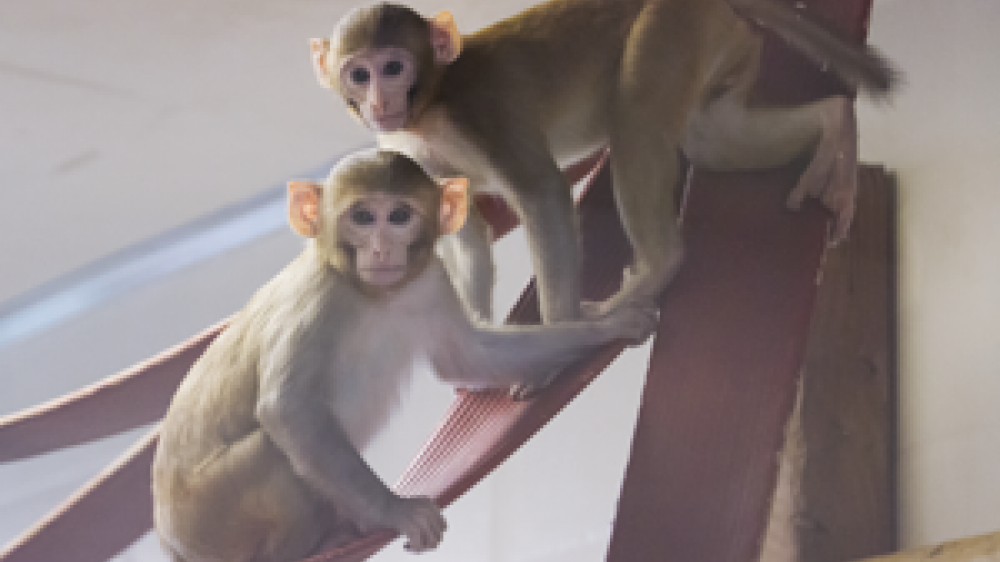
A new paper published today in Journal of Neuroscience Methods documents refinements in how rhesus macaques used in fundamental neuroscience research are trained to enter transport devices.
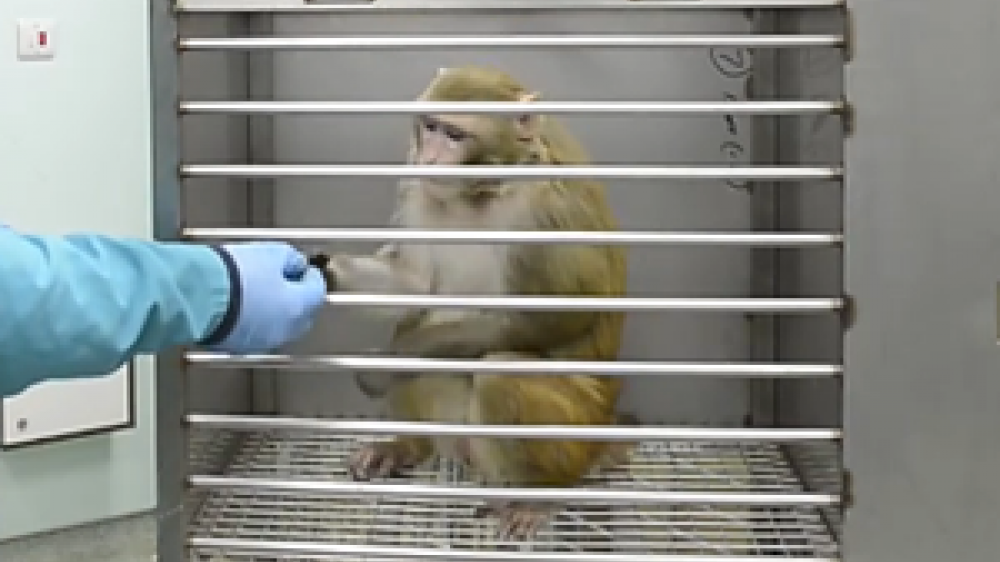
Next month offers a chance to hear about exciting 3Rs research first hand, as we take part in Pint of Science, a worldwide science festival that brings researchers to your local pub to present their scientific discoveries.
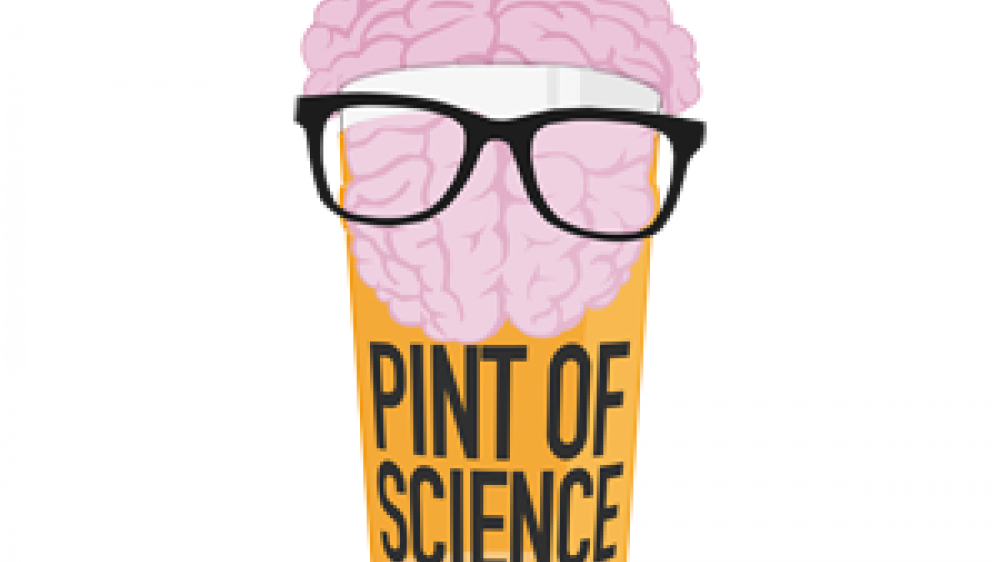
We have launched our 2019 Research Review, featuring case studies on the work of 12 NC3Rs-funded researchers.
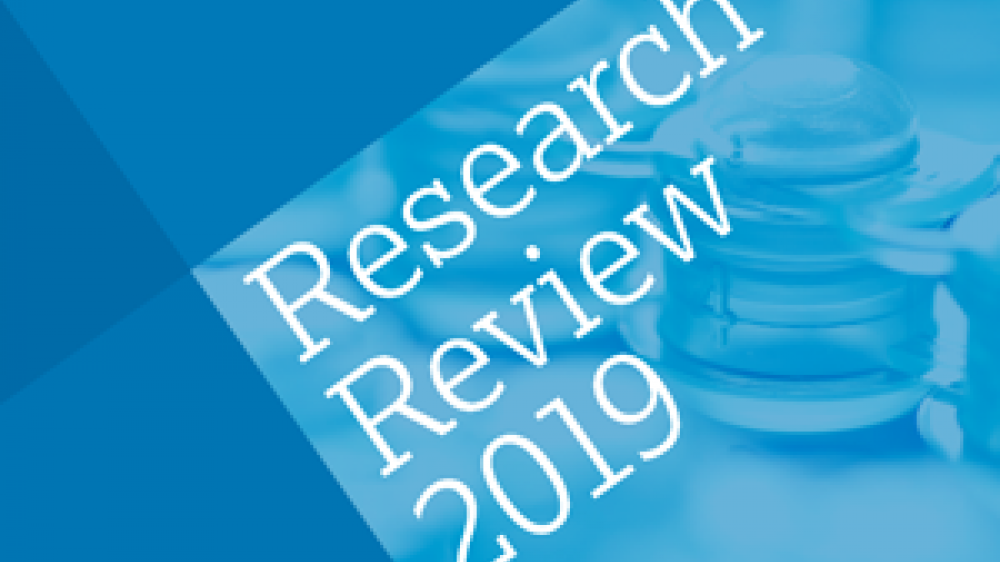
A paper describing the use of patient-derived stem cells to study motor neuron disease has been recognised with the annual £30k prize awarded by the NC3Rs and sponsored by GSK.
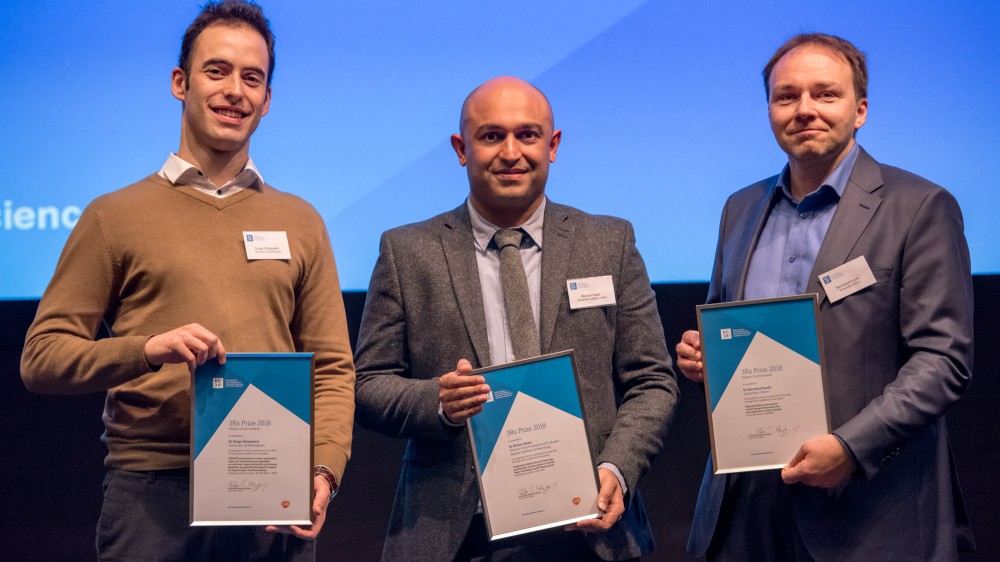
We are hosting a Twitter chat on Tuesday 5 March from 2pm to 4pm (GMT), which will give you a chance to ask questions about refined mouse handling methods and discuss your experiences.
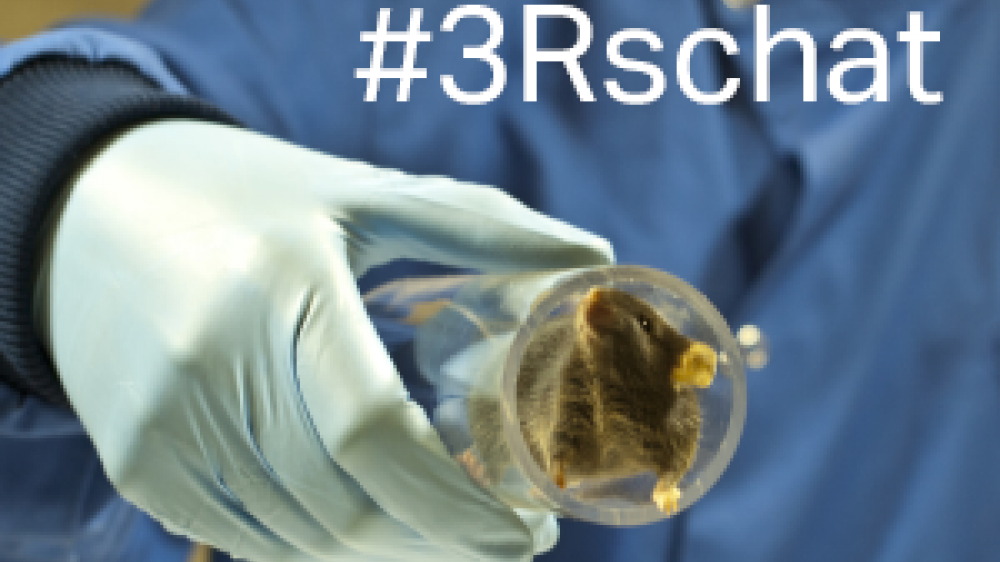
Four new NC3Rs Training Fellowships, totalling £460k, have been awarded to talented 3Rs-minded postdoctoral researchers to support the development of their careers.
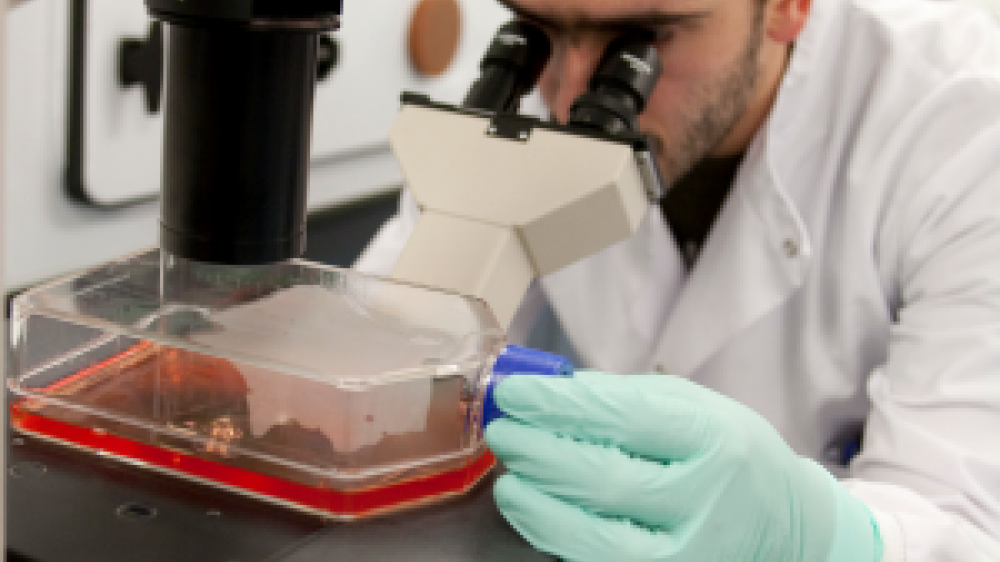
The NC3Rs, Medicines Discovery Catapult and the University of Liverpool MRC Centre for Drug Safety Science (CDSS) have today published a report outlining recommendations to accelerate the adoption of organ-on-a-chip (OOAC) technologies to
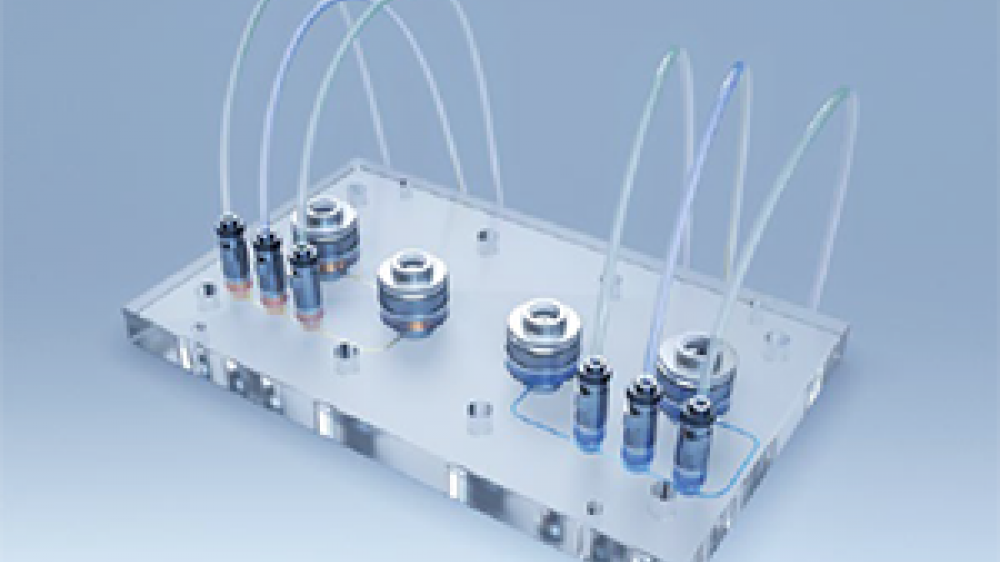
A consortium of academic institutions and SMEs led by Professor Raymond Pieters from the University of Applied Sciences Utrecht has recently been awarded £1 million by the NC3Rs to deliver Phase 2 of the 2017 DARTpaths CRACK IT Challenge.

Could your organisation sponsor the next CRACK IT Challenge to improve R&D and reduce reliance on animal models?
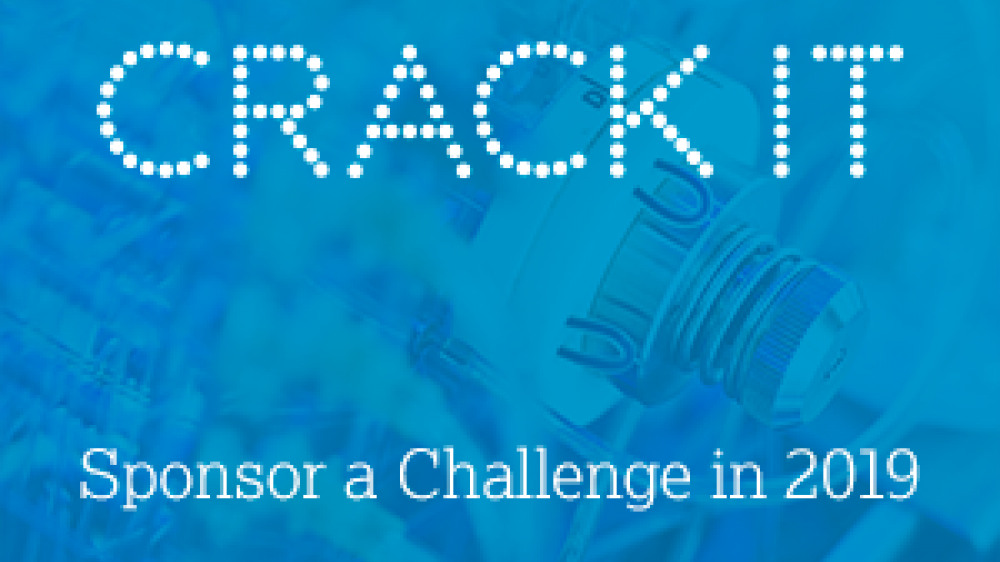
Our peer review and advice service supports UK funding bodies to ensure the 3Rs are properly implemented in the research they fun
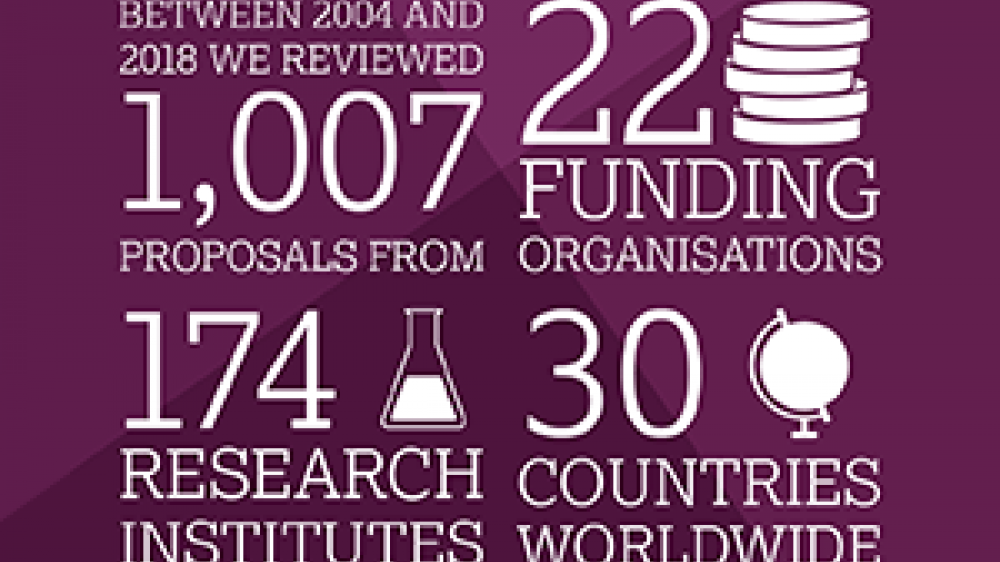
As ever, 2018 has been a year full of activity for the NC3Rs. Our website’s news and blogs section has featured 38 posts this year covering a range of important 3Rs topics.
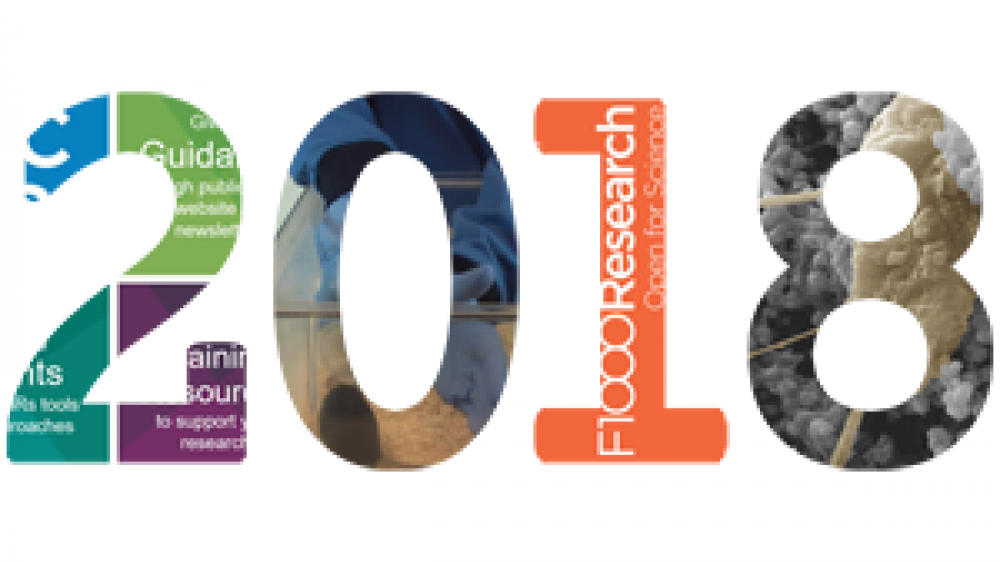
We are pleased to announce 17 new awards, totalling £1.53 million, made under our PhD studentship scheme including three awards made jointly with the British Heart Foundation (BHF) to projects focused on achieving 3Rs impacts within the field of
